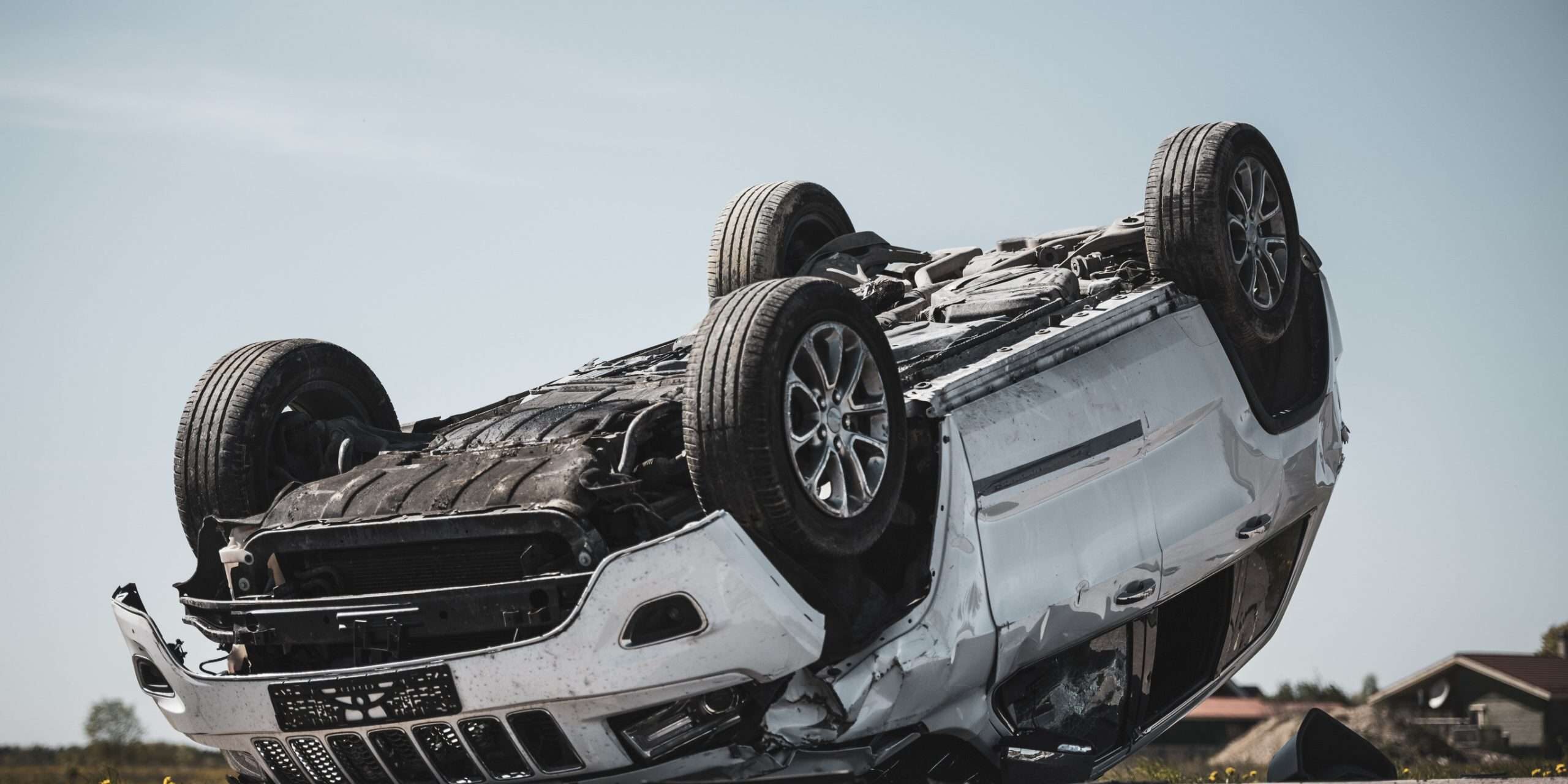Although most modern vehicles are designed to make it more difficult to rollover during a crash, certain conditions make rollovers possible in any vehicle, especially more top-heavy models like SUVs, pickups and Jeeps. Here are ways to help prevent a rollover crash:
• Perform tire maintenance. Improperly inflated and worn tires impede your ability to keep control of the vehicle.
• Never overload your vehicle. When the weight of a vehicle increases, its stability decreases. Stay within the load ratings of the manufacturer and always place the heaviest cargo as low to the floor and close to the center as possible.
• Don’t speed. The potential for rolling over during a crash increases with higher speeds. About 40 percent of fatal rollover accidents involve excessive speeding.
• Avoid distractions. Taking your eyes off the road even for a second is an accident risk in itself. Not paying attention while driving can cause a delayed reaction in the event of a collision. Keep your eyes and mind on the road while driving.
• Take corners carefully. When you speed around a bend, the risk of tipping a vehicle increases.
• Be extra cautious on rural highways. Almost three-fourths of all fatal rollover accidents occur in rural areas on roads with a speed limit above 55 mph. These tend to be undivided highways without barriers.
• Don’t panic or overcompensate when steering. If you panic, you often overcorrect. This can cause you to lose control and have a rollover accident, especially when you are driving at high speeds.
• Never drink and drive. Almost half of all rollover accidents are caused by someone who is under the influence of alcohol. You need your full faculties to prevent these accidents from happening.
• Buckle up! In the event of a rollover, having a seat belt on and your limbs inside the vehicle will save you from more serious injuries, perhaps even death.
227 W State Rd Island Lake, IL 60042847-526-1343








